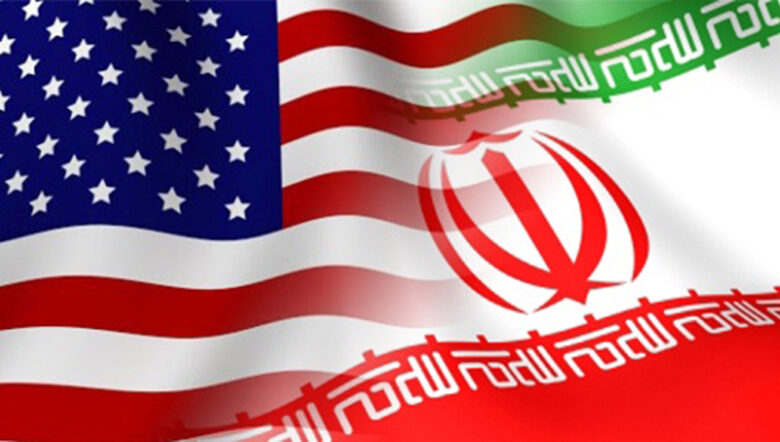U.N: After a resounding defeat within the UN Security Council, the United States is poised to call for the U.N to reimpose sanctions on Iran under a rarely utilized diplomatic maneuver a move that is likely to furthermore isolate the Trump administration & may set off a reliability crises for the U.N.
The sanctions were eased within the 2015 nuclear deal that President Donald Trump withdrew from 2 yrs. back. However last week the US lost its long-shot bid to indeterminately extend an Intl. arms embargo on Iran & has as of now shifted to a new diplomatic line of attack.
US Secretary of State Mike Pompeo is set to travel to NY on Thu. to inform the Security Council president that the United States is invoking the snapback process within the council’s solution that adopted the nuclear deal.
It allows participants to insist the restoration of all U.N. sanctions in a complicated process that can’t be blocked by a veto.
The State Dept. is awaited to announce Pompeo’s travel schedules on Wed., however he & Trump have made no secret of their own ambition to invoke snapback, specially from their own trying to extend the arms embargo suffered an embarrassing defeat last Fri..
The U.S. won just 1 different yes vote, with China & Russia resisted & the 11 different members abstaining.
Just like the arms embargo expansion, the administration’s snapback schedule is bitterly resisted by China & Russia along with the different Security Council members, involving US allies Britain & France, & can set the phase for a battle over the legitimacy of the UN’s most strong body.
Alone amongst the council’s 15 members, the U.S. argues that as an original participant within the nuclear deal it retains the right to insist the restoration of sanctions.
The remaining, that still help the deal, retain the US lost that standing when Trump pulled out of the accord in 2018, however it isn’t evident in case they could block the invocation of snapback using technical procedural means.
The US argument is greatly debatable. It was ridiculed by this Chinese, Russians & Europeans, & not even the largest Iran hawks within the United States all agree with it.
Previous Trump domestic security adviser John Bolton, no slouch when it comes to anti-Iran positions, has long stated that the U.S. lost its snapback standing when it withdrew from that deal & that moving ahead is not value the damage it can accomplish to U.S. veto power within the council.
In a stunningly rare moment of settlement, Iran’s Foreign Minister Mohammed Javad Zarif praised Bolton this week. “At the least he’s consistent a trait notably absent in this U.S. administration”, Zarif tweeted.
&, previous U.S. Undersecretary of State for Political Affairs Wendy Sherman, a top Obama administration negotiator of the nuclear settlement, stated: It has been never awaited that someone who withdrew from that (deal) would’ve standing to in reality bring the snapback provision.
Therefore, the administration’s insistence on moving ahead has set the phase for a contentious dispute & the possibility that the U.S. call would just be neglected by different U.N. members.
That outcome would potentially call into query the Security Council’s capability to impose its own legally binding decisions.
Within the terms of Security Council Solution 2231, that enshrined the nuclear deal & to that the US remains a party, the invocation of snapback for substantial Iranian noncompliance begins a 30-day clock throughout that the council should vote affirmatively to continue the sanctions relief that Iran has been given in repatriate for curbs on its nuclear program.

